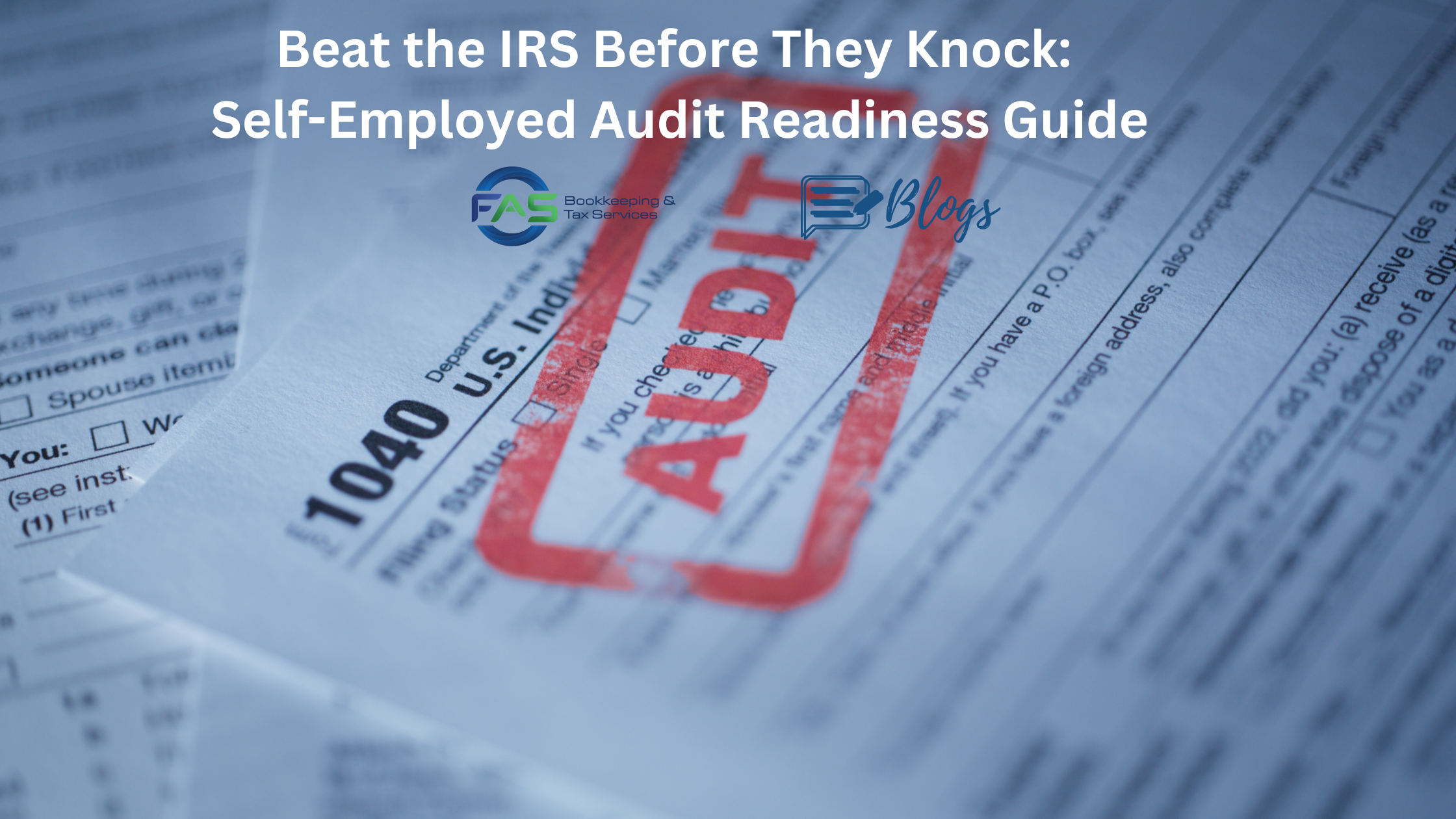As such, it’s always a good idea to plan for what to do in case of a disaster. Here are some simple steps you can take right now to prepare:
1. Backup Records Electronically.
Many people receive bank statements by email. This is a good way to secure your records. You can also scan tax records and insurance policies onto an electronic format. You can use an external hard drive, CD, or DVD to store important records. Be sure you back up your files and keep them in a safe place. If a disaster strikes your home, it may also affect a wide area. If that happens you may not be able to retrieve your records.
2. Document Valuables.
Take photos or videos of the contents of your home or business. These visual records can help you prove the value of your lost items. They may help with insurance claims or casualty loss deductions on your tax return. You should store them with a friend or relative who lives out of the area. The IRS has a disaster loss workbook, Publication 584, Casualty, Disaster, and Theft Loss Workbook (Personal-Use Property), which can help taxpayers compile a room-by-room list of belongings.
3. Update Emergency Plans.
Review your emergency plans every year. Personal and business situations change over time as do preparedness needs, so update them when your situation changes. Make sure you have a way to get severe weather information and have a plan for what to do if threatening weather approaches. In addition, when employers hire new employees or when a company or organization changes functions, plans should be updated accordingly and employees should be informed of the changes.
4. Get Copies of Tax Returns or Transcripts.
Use Form 4506, Request for Copy of Tax Return, to replace lost or destroyed tax returns or need information from your return. You can also file Form 4506T-EZ, Short Form Request for Individual Tax Return Transcript or Form 4506-T, Request for Transcript of Tax Return. If you need assistance filling this form out, please call.
5. Check on Fiduciary Bonds.
Employers who use payroll service providers should ask the provider if it has a fiduciary bond in place. The bond could protect the employer in the event of default by the payroll service provider.
If you fall victim to a disaster, help is just a phone call away. Don’t hesitate to call the office regarding any disaster-related tax questions or issues you might have.




